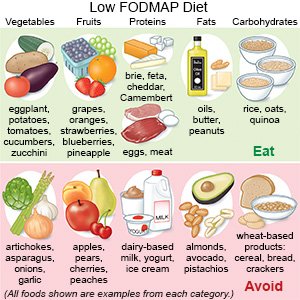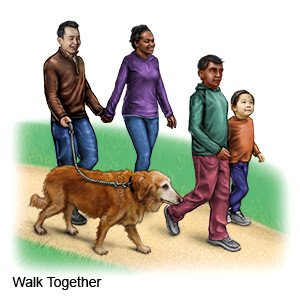Irritable Bowel Syndrome
Medically reviewed by Drugs.com. Last updated on Sep 23, 2025.
AMBULATORY CARE:
Irritable bowel syndrome (IBS)
is a condition that prevents food from moving through your intestines normally. The food may move through too slowly or too quickly. This causes abdominal pain, bloating, increased gas, constipation, or diarrhea.
Common symptoms include the following:
- Abdominal pain that disappears after you have a bowel movement
- Abdominal cramps that are worse after you eat
- Gas
- Bloated abdomen
- Diarrhea, constipation, or both
- Feeling like you need to have a bowel movement after you just had one
- Mucus in your bowel movement
- Feeling that you have not completely emptied your bowels after a bowel movement
Seek care immediately if:
- You have severe abdominal pain.
- Your bowel movements are dark or have blood in them.
Related medications
Treatment options
The following list of medications are related to or used in the treatment of this condition.
Call your doctor if:
- You have a fever.
- You have pain in your rectum.
- You are losing weight without trying.
- Your abdominal pain does not go away, even after treatment.
- You have questions or concerns about your condition or care.
Medicines:
- Medicines help you have a bowel movement, soften your bowel movement, or treat diarrhea. You may also need medicine to treat abnormal growth of bacteria, called a probiotic.
- Take your medicine as directed. Contact your healthcare provider if you think your medicine is not helping or if you have side effects. Tell your provider if you are allergic to any medicine. Keep a list of the medicines, vitamins, and herbs you take. Include the amounts, and when and why you take them. Bring the list or the pill bottles to follow-up visits. Carry your medicine list with you in case of an emergency.
Manage your symptoms:
- Eat a variety of healthy foods. You may need to avoid certain foods to decrease your symptoms. Ask your provider about diets that might help your symptoms, such as the low FODMAP diet.

- Drink liquids as directed. Ask how much liquid to drink each day and which liquids are best for you. For most people, good liquids to drink are water, juice, and milk.
- Exercise regularly. Ask about the best exercise plan for you. Exercise can decrease your blood pressure and improve your health.

- Keep a record for 3 weeks. Include everything you eat and drink and your symptoms. Bring this record with you to your follow-up visits.
Follow up with your doctor as directed:
Write down your questions so you remember to ask them during your visits.
© Copyright Merative 2025 Information is for End User's use only and may not be sold, redistributed or otherwise used for commercial purposes.
The above information is an educational aid only. It is not intended as medical advice for individual conditions or treatments. Talk to your doctor, nurse or pharmacist before following any medical regimen to see if it is safe and effective for you.
Learn more about Irritable Bowel Syndrome
Treatment options
- Medications for Irritable Bowel Syndrome
- Medications for Irritable Bowel Syndrome with Constipation
- Medications for Irritable Bowel Syndrome with Diarrhea
Care guides
Symptoms and treatments
Medicine.com guides (external)
Further information
Always consult your healthcare provider to ensure the information displayed on this page applies to your personal circumstances.
